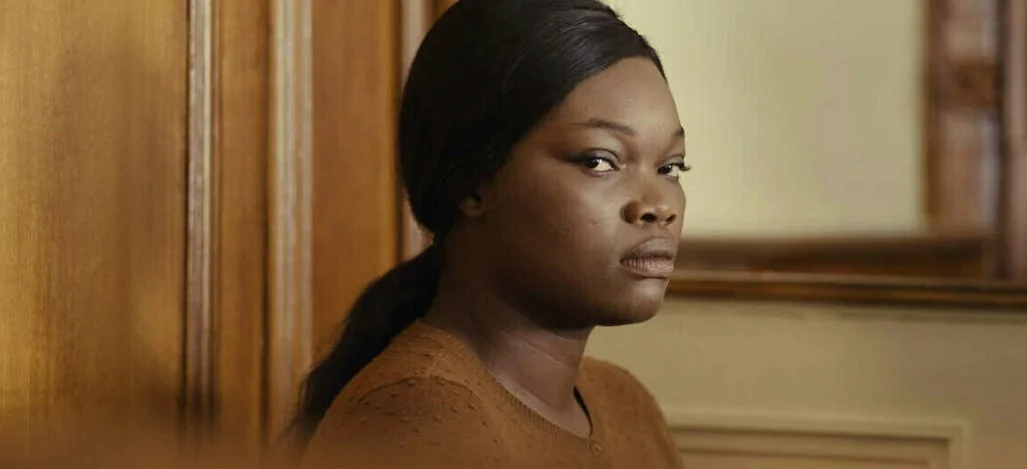Céline Sciamma, speaking to the New York Times, is trying to push hard for Alice Diop’s “Saint Omer” to be the next “Jeanne Dielman.”
Sciamma compared the experience of watching “Saint Omer” to what it must have been like in 1975 to watch Chantal Akerman’s “Jeanne Dielman, 23 Quai du Commerce, 1080 Bruxelles,” recently named the best film of all time in the Sight and Sound poll.
“One finds oneself in front of a cinema poem — Alice’s language, in the history of the language of cinema to which it belongs, but also in her own history, is dangerous and radiant,” Sciamma said via email.
The, equally, frustrating and fascinating “Saint Omer” is a very cerebral movie, Diop’s camera barely moves, tackling pertinent topics such as immigration, feminism, black culture and motherhood in ways that surely constitute to be a wet dream hybrid for certain film critics.
Meanwhile, Sciamma, much like Diop, is quite the rock star with Anglo-Saxon film critics. Her films, ranging from “Portrait of A Lady on Fire” to “Petite Maman”, were heralded feminist statements, especially the former, that really struck a chord with purveyors of what Amy Taubin likes to call “British feminist cinema studies.”
We saw it firsthand when “Portrait of a Lady on Fire” finished 30st and “Petite Maman” 226th on Sight and Sound’s Greatest Films poll. There’s no reason to believe Sciamma would figure anywhere near an all-time list conducted by French critics. Will “Saint Omer” also show up in the 2032 poll?
Much like Diop, Mia Hansen-Love and Claire Denis, British and American critics far more admire Sciamma’s brand of in-your-face feminist cinema. Don’t get me wrong, I find many of her films very strong, but one can also acknowledge that she also is being kinda, sorta, overpraised at the same time.
A writer for French publication Les Inrocks wrote, “Sciamma’s themes, like Diop’s film, don’t echo as much in French society as in anglo saxon ones. It’s as simple as that.”






